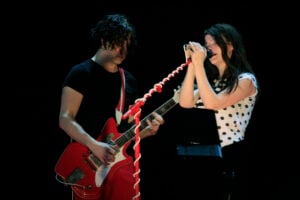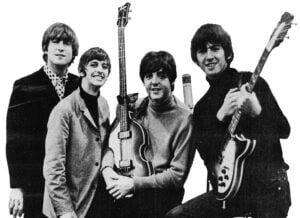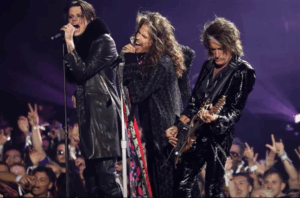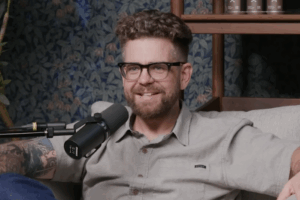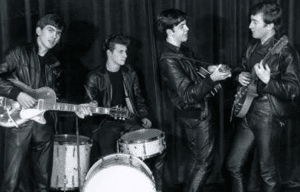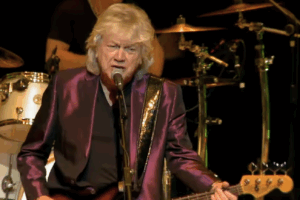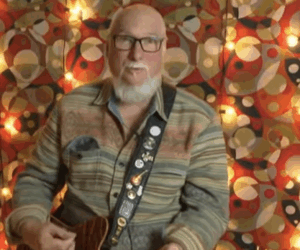7 70s TV Characters Who Wouldn’t Survive Today’s Standards
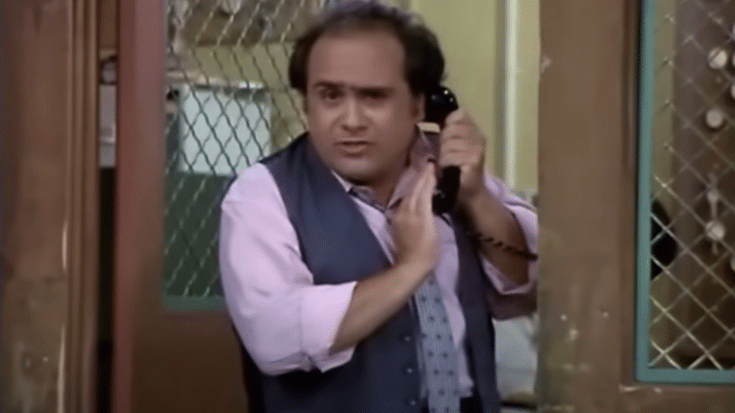
via A-M K. / YouTube
Television in the 1970s often reflected the attitudes and values of its time, and many characters became icons. But some of these figures wouldn’t be well-received by modern audiences. Whether it’s outdated stereotypes or behavior that clashes with today’s views, here’s a look at 7 ’70s TV characters that wouldn’t hold up today.
1. Archie Bunker (All in the Family)
Archie Bunker, played by Carroll O’Connor, was a cornerstone of All in the Family. His blunt, often offensive opinions on race, gender, and politics made him a controversial figure. Back then, he was seen as a reflection of a certain mindset, and the show’s intent was to challenge his attitudes.
Today, Archie’s remarks and views would be considered highly problematic and would likely face backlash. While the show used his character to address social issues, the humor rooted in his ignorance would be tough to sell to contemporary viewers, who may find it offensive rather than thought-provoking.
2. J.J. Evans (Good Times)
J.J. Evans, portrayed by Jimmie Walker, became famous for his catchphrase “Dy-no-mite!” He was the comic relief in Good Times, but his character often fell into the trap of stereotypes, portraying a version of African American life that many felt wasn’t entirely fair or accurate.
While he brought humor to the show, modern audiences might find his exaggerated mannerisms and portrayal more problematic. Today’s viewers often expect more nuanced and realistic representations, and J.J.’s over-the-top antics wouldn’t fit in with that demand.
3. Fonzie (Happy Days)
Arthur “Fonzie” Fonzarelli, played by Henry Winkler, was the epitome of cool in the ’70s sitcom Happy Days. With his leather jacket and motorcycle, he was the ultimate ladies’ man. His character embodied a stereotypical “bad boy” image that was popular during that time.
But Fonzie’s behavior towards women and his sometimes shallow views on relationships would face criticism now. Today, audiences are more aware of how women are depicted on screen, and the once-endearing qualities of his character could be seen as outdated or even disrespectful.
4. George Jefferson (The Jeffersons)
George Jefferson, portrayed by Sherman Hemsley, became a memorable character with his brash, outspoken nature on The Jeffersons. He often clashed with others due to his strong opinions, particularly on race and class. While his character was meant to challenge societal norms, his blunt remarks could easily be seen differently today.
Modern viewers might find his aggressive attitude off-putting rather than funny. While the show aimed to critique social issues, George’s approach would likely come under fire for lacking the sensitivity expected in today’s television landscape.
5. Louie De Palma (Taxi)
Played by Danny DeVito, Louie De Palma was the tough and often rude dispatcher in Taxi. His character was known for making cutting remarks and being unapologetically mean to the other characters. In the ’70s and early ’80s, this was often played for laughs, fitting into the show’s overall tone.
But in today’s media environment, where workplace dynamics are scrutinized more closely, Louie’s behavior would raise eyebrows. His constant insults and unprofessional conduct would likely be criticized rather than celebrated as comedic relief.
6. Larry Dallas (Three’s Company)
Larry Dallas, played by Richard Kline, was Jack Tripper’s womanizing friend on Three’s Company. He spent much of his screen time chasing after women, often using cheesy pick-up lines and schemes. Larry’s antics were a regular part of the show’s humor, fitting with the lighthearted and sometimes risqué nature of the series.
Nowadays, Larry’s treatment of women would be seen as disrespectful and out-of-touch. Audiences have grown more critical of characters whose behavior relies heavily on outdated gender stereotypes, and Larry’s carefree attitude towards relationships would not sit well with viewers seeking more progressive portrayals.
7. Major Frank Burns (MAS*H)
Frank Burns, portrayed by Larry Linville, was the uptight and often mean-spirited antagonist in MASH*. He constantly clashed with the more laid-back characters, often resorting to arrogance and self-righteousness. His rigid attitude and disregard for others made him an easy target for jokes within the show.
Today, audiences might find Frank’s lack of empathy and tendency to mock others harder to overlook. While MASH* aimed to highlight his flaws, his behavior would be seen as less comedic and more problematic through a modern lens, which demands greater respect for diverse viewpoints.












